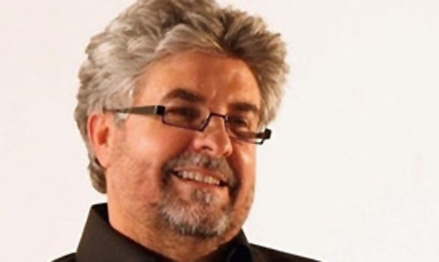|
 |
| Prof Van Heerden |
Dialogue between Science and Society (DbSS) presents The Politics of Memory, a Personal Narrative by Professor Etienne van Heerden, Hofmeyr Professor at the School of Languages and Literatures (University of Cape Town).
Respondents: Stuart Taberner, Professor of Contemporary German Literature, Culture and Society (University of Leeds) and André Wessels, Senior Professor, Department of History (University of the Free State).
This event is part of the project Contemporary German and Afrikaner Cultural Responses to Issues of Trauma, Reconciliation and Reparation, funded by the British Academy. The UFS partners on this project are Dr’s Cilliers Van Den Berg, Johann Rossouw and Prof Pumla Gobodo-Madikizela. They are co-organising the event with the DbSS Lecture Series.
In his paper, Prof Van Heerden will discuss Afrikaner literature about past and present historical events and how to negotiate the place of literature in a post-apartheid South Africa.
- Date: Thursday 12 September 2013
- Time: 12:00
- Venue: Business School Auditorium, University of the Free State
- RSVP to Gerald Makamba: makambagerald@gmail.com
Light refreshments will be served.